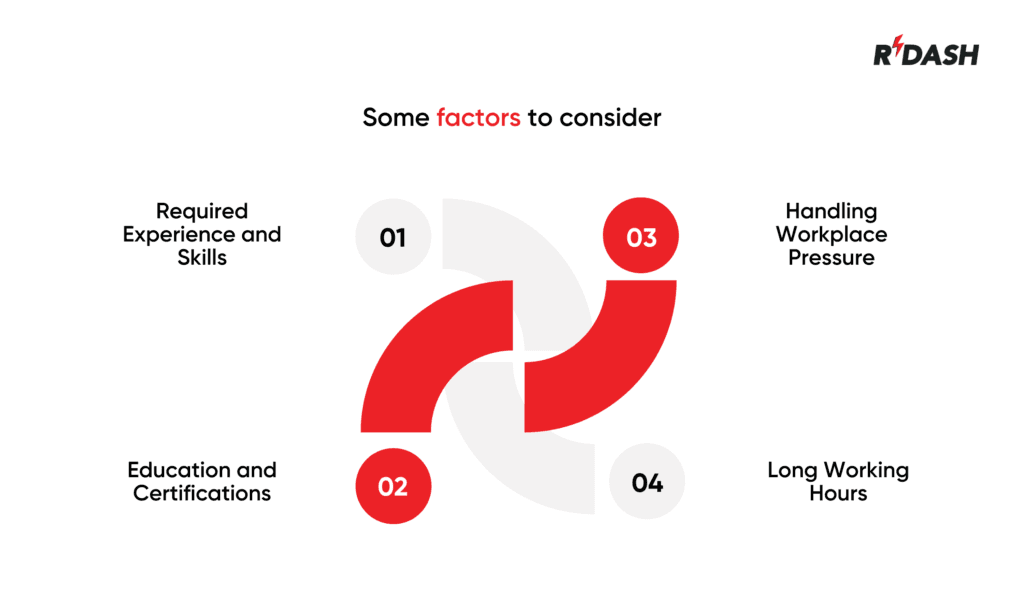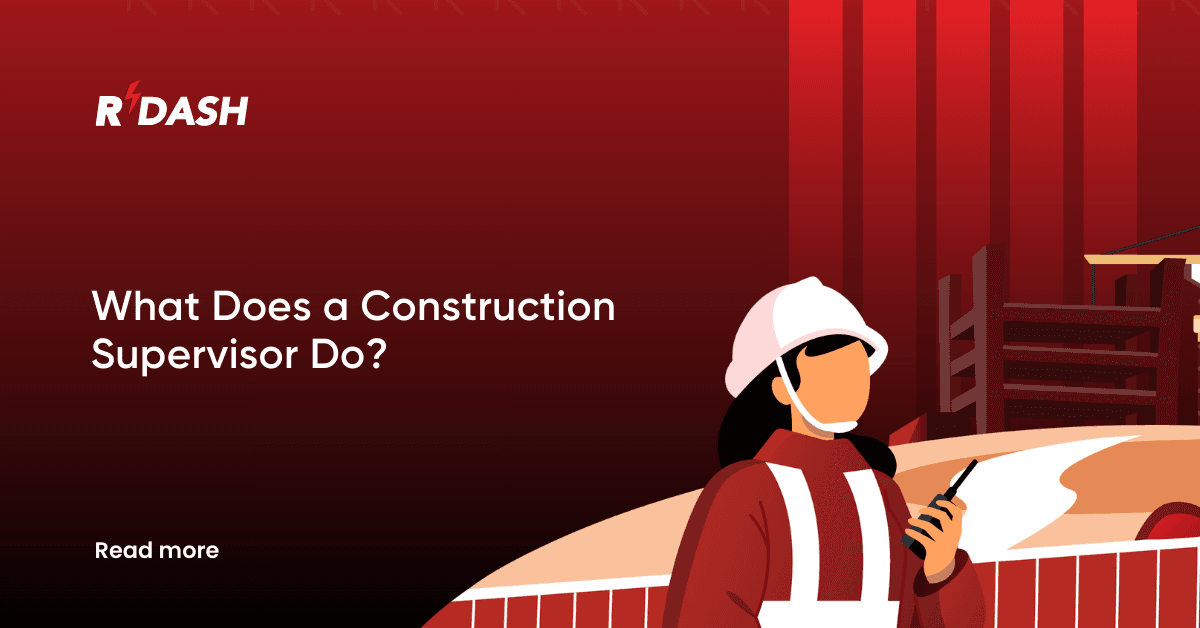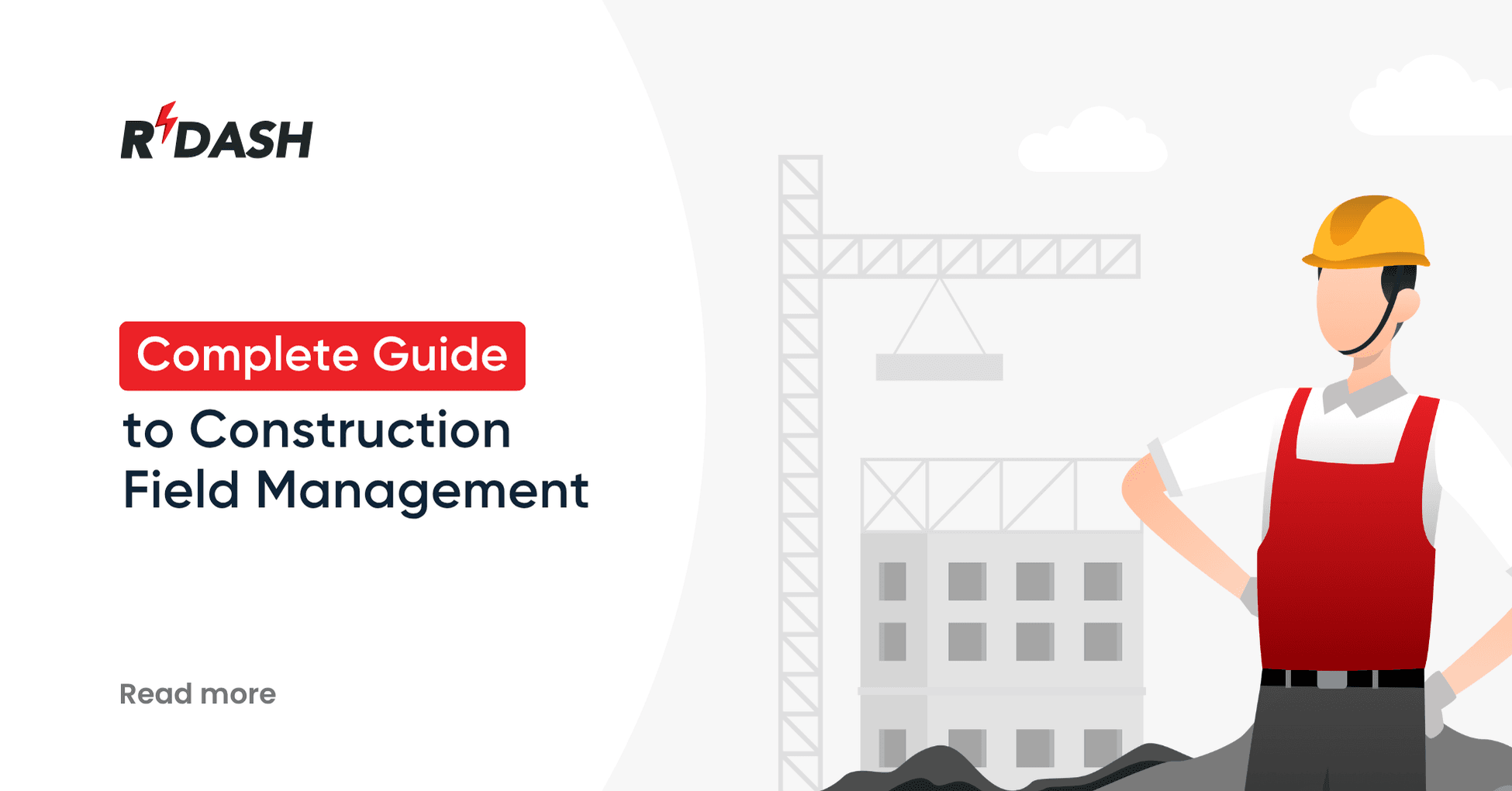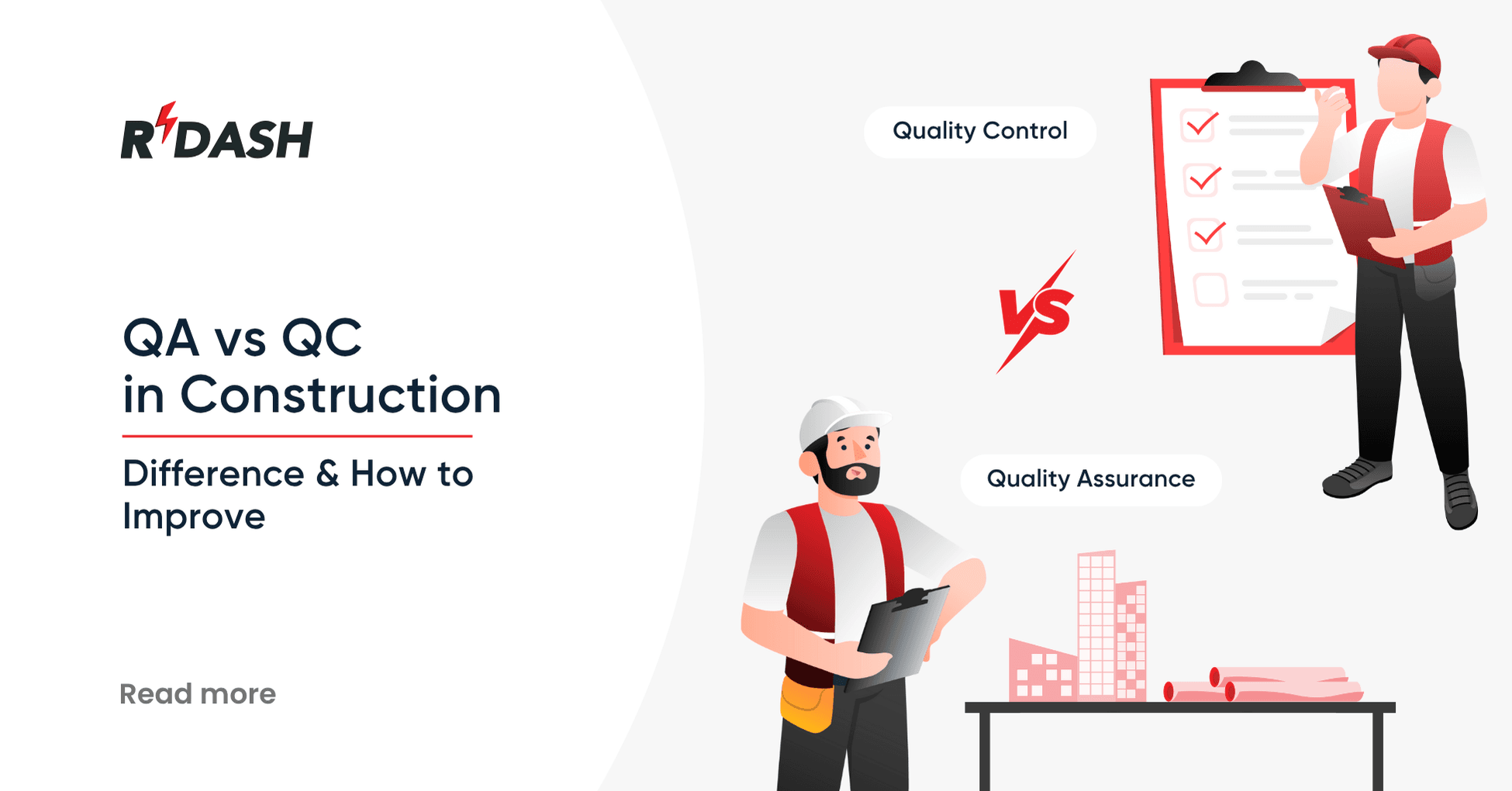What does a construction supervisor do?
A construction supervisor plays a key role in managing on-site activities, ensuring that projects are completed on time, within budget, and according to safety and quality standards. They act as the link between project managers, workers, and subcontractors, overseeing daily operations and resolving any issues that arise.
Key responsibilities of a construction supervisor

1. Overseeing Daily Operations
Construction supervisors ensure that site activities run smoothly. They monitor progress, coordinate with teams, and address any challenges that might delay the project.
2. Managing Workforce and Subcontractors
Supervisors assign tasks to workers, manage subcontractors, and ensure that everyone follows the project schedule. They also handle any disputes or concerns that arise on-site.
3. Ensuring Safety Compliance
One of the most important responsibilities is maintaining workplace safety. Supervisors enforce safety protocols, conduct inspections, and ensure that all workers comply with regulations to prevent accidents.
4. Monitoring Quality Standards
Supervisors ensure that construction work meets quality standards and adheres to blueprints and specifications. They conduct site inspections and address any issues before they escalate.
5. Managing Materials and Equipment
Tracking and managing materials is crucial for keeping the project on schedule. Supervisors oversee deliveries, ensure materials are available when needed, and prevent unnecessary wastage.
6. Communicating with Project Stakeholders
Supervisors act as the primary point of contact between workers, project managers, engineers, and clients. They provide updates on progress, report any issues, and ensure smooth coordination between all parties.
Is it hard to become a construction supervisor?
Becoming a construction supervisor requires experience, technical knowledge, and leadership skills, but the level of difficulty depends on an individual’s background and training.

1. Required Experience and Skills
Most construction supervisors start as laborers or tradespeople, gaining hands-on experience before moving up. They must have a strong understanding of construction techniques, materials, safety protocols, and scheduling. Leadership and problem-solving skills are also essential.
2. Education and Certifications
While formal education is not always required, many construction supervisors hold degrees or certifications in construction management, civil engineering, or a related field. Certifications in safety and project management can also improve career prospects.
3. Handling Workplace Pressure
Supervisors must manage tight deadlines, unexpected delays, and worker-related issues. The job requires the ability to stay calm under pressure and make quick, effective decisions.
4. Long Working Hours
Construction supervisors often work long shifts, including weekends, depending on project deadlines. The job requires a high level of dedication and adaptability.
Where does a construction supervisor work?
A construction supervisor primarily works on construction sites, overseeing daily operations and ensuring that projects stay on track. Their work environment can vary based on the type of construction project, which may include:
- Commercial and Residential Sites – Supervising the construction of office buildings, apartments, homes, and retail spaces.
- Infrastructure Projects – Managing work on roads, bridges, tunnels, and public facilities.
- Industrial Construction – Overseeing large-scale facilities such as factories, warehouses, and power plants.
- Renovation and Remodeling Sites – Supervising upgrades and modifications to existing structures.
Construction supervisors spend most of their time on-site, working closely with workers, subcontractors, and project managers. However, they may also spend time in an office setting, handling reports, reviewing schedules, and coordinating with stakeholders.
Average salary and job outlook for a construction supervisor in India
Salary Expectations
The salary of a construction supervisor in India depends on experience, location, company size, and project scale. On average, a construction supervisor can expect:
- Entry-Level Supervisors – ₹2.5 – ₹4 LPA while gaining hands-on experience.
- Mid-Level Supervisors (5-10 years of experience) – ₹5 – ₹8 LPA as responsibilities increase.
- Senior Supervisors (with extensive experience in large-scale projects) – ₹9 – ₹15 LPA or more, especially in metro cities or top-tier construction firms.
Salary structures may vary across regions and project types. Supervisors in metro cities like Mumbai, Delhi, and Bangalore often earn higher salaries due to increased demand and project complexity. In addition to their base salary, many construction supervisors receive bonuses, site allowances, travel reimbursements, and performance-based incentives depending on company policies and project requirements.
Job Outlook
With India’s rapid urbanization and infrastructure development, the demand for skilled construction supervisors remains high. As cities expand and large-scale government and private projects continue to grow, experienced supervisors will find plenty of career opportunities in residential, commercial, and industrial construction. Additionally, with certifications and specialized training, supervisors can advance into higher management roles such as project managers, site heads, or construction directors.
A career in construction supervision in India offers stability, growth, and diverse opportunities in an ever-evolving industry.
Skills for a construction supervisor
To be effective in their role, construction supervisors need a mix of technical knowledge, leadership abilities, and problem-solving skills. Some of the key skills include:

1. Leadership and Team Management
Supervisors must lead construction crews, delegate tasks, and keep teams motivated to meet project deadlines. Strong communication skills help in maintaining smooth coordination among workers and subcontractors.
2. Knowledge of Construction Techniques
A deep understanding of building methods, materials, and safety regulations is essential. Supervisors must ensure that work meets quality standards and adheres to blueprints and specifications.
3. Problem-Solving and Decision-Making
Unexpected challenges, such as material shortages, weather delays, or site issues, require quick thinking and effective problem-solving to keep projects on track.
4. Safety Awareness
Supervisors must enforce workplace safety protocols, conduct site inspections, and ensure compliance with construction laws and regulations to prevent accidents.
5. Project Scheduling and Time Management
A construction supervisor must efficiently plan work schedules, track progress, and adjust timelines to ensure projects are completed on time and within budget.
6. Communication and Coordination
Since supervisors work with contractors, engineers, suppliers, and project managers, strong verbal and written communication skills are crucial for smooth operations.
FAQs
1. What is the main role of a construction supervisor?
A construction supervisor oversees daily activities on a construction site to ensure work is completed safely, on time, and according to plans and quality standards.
2. Does a construction supervisor manage the workers?
Yes, they coordinate and supervise construction workers and subcontractors, assigning tasks and ensuring everyone follows safety protocols and project schedules.
3. What kind of decisions does a construction supervisor make?
They make on-site decisions about work sequencing, resource allocation, resolving unexpected issues, and ensuring compliance with building codes and specifications.
4. How does a construction supervisor ensure safety on site?
They enforce safety regulations, conduct regular inspections, provide safety training, and make sure all workers use proper protective equipment.
5. Is a construction supervisor involved in reporting?
Yes, they prepare daily progress reports, document any issues or delays, and communicate updates to project managers and clients.
6. What skills are important for a construction supervisor?
Strong leadership, problem-solving, knowledge of construction methods, attention to detail, and good communication skills are key.






